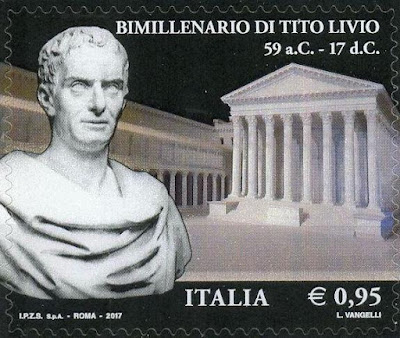Sir Ben Kingsley, born Krishna Pandit Bhanji on 31 December 1943, in Scarborough, Yorkshire, England, is a renowned British actor known for his versatility and powerful performances across film, television, and stage. With a career spanning over five decades, Kingsley has become one of the most respected figures in the entertainment industry.
Born to an Indian father, Rahimtulla Harji Bhanji, a physician of Gujarati descent, and an English mother, Anna Lyna Mary, an actress and model, Kingsley grew up with a diverse cultural heritage. He adopted the stage name "Ben Kingsley" to avoid typecasting due to his ethnic name as he pursued a career in acting.
Kingsley achieved international acclaim for his portrayal of Mahatma Gandhi in Richard Attenborough's film Gandhi (1982), for which he won the Academy Award for Best Actor. The role remains one of his most iconic performances. Over the years, he has demonstrated his range by taking on a wide array of roles, from historical figures and dramatic leads to villains and comedic characters.
His extensive filmography includes celebrated works such as Schindler's List (1993), House of Sand and Fog (2003), Hugo (2011), Iron Man 3 (2013), and Sexy Beast (2000). Kingsley has earned numerous accolades, including a BAFTA, a Golden Globe, and Screen Actors Guild Awards, in addition to his Oscar.
In 2002, Kingsley was knighted by Queen Elizabeth II for his contributions to the arts. Beyond acting, he is an advocate for humanitarian causes and uses his platform to raise awareness about social issues.
Sir Ben Kingsley's legacy is a testament to his exceptional talent, dedication to his craft, and ability to bridge cultures through his work.






%20Registered%20Handicraft%20Products.webp)
































